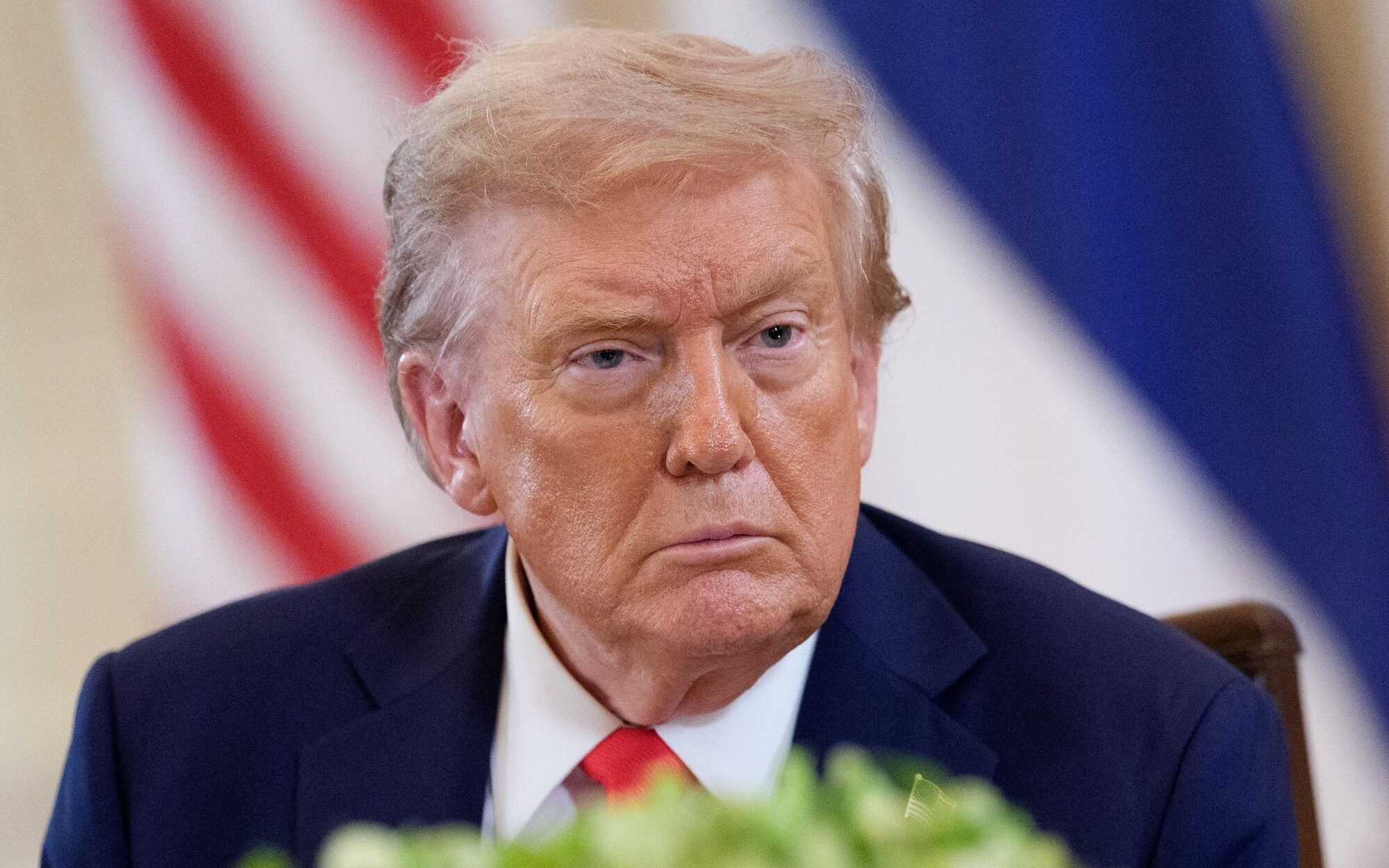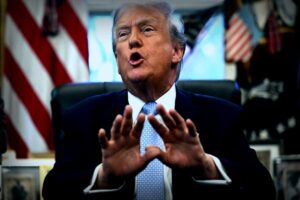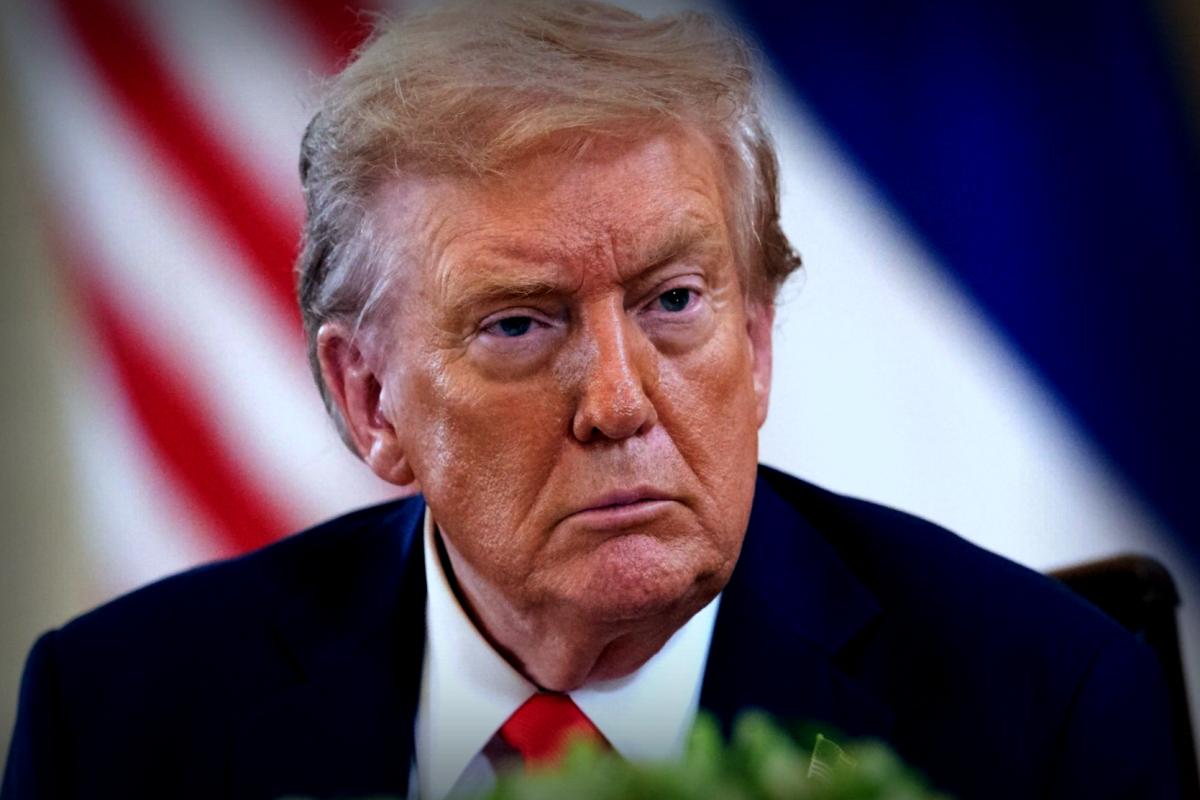
Donald Trump’s tariff strategies might just bring in enough cash to fund his sweeping tax reductions. This insight comes straight from S&P Global, one of the top credit rating firms out there.
They pointed out that the economic fallout from Trump’s ambitious legislation—officially known as the ‘one big beautiful bill’—is expected to be countered by his tough trading policies. This measure, which features a staggering $3.7 trillion (£2.7 trillion) in tax cuts spread over the next decade, was signed into law in July.
Thanks to this hopeful forecast, S&P maintained its AA+ long-term rating for the United States. This contrasts sharply with opinions from Moody’s, another credit ratings agency, which dropped the US from its formerly pristine AAA sovereign debt rating in May due to rising concerns about burgeoning debt.
S&P noted that capturing revenues through tariffs could help mitigate potential negative impacts on US public finances.
Analyst Lisa Schineller commented, “We believe that as tariff rates increase, a substantial amount of revenue generated from tariffs could reliably offset less favorable fiscal outcomes, which might otherwise arise from the recently passed budget legislation, where we see both cuts and increases in taxes and spending.”
She added, “Currently, it looks like considerable tariff revenue could cover the deficit-increasing aspects of the recent budget law.” This scenario could bolster Trump’s much-debated tax overhaul that earlier sparked harsh criticism from figures like billionaire Elon Musk, who labeled it a “disgusting abomination.”
Despite facing a rocky path before eventually securing approval from Congress, the bill has been criticized for possibly exacerbating the nation’s significant debt levels.
This comes in the wake of a public spat between Trump and Goldman Sachs concerning the implications of his tariffs on the economy. Trump wasn’t shy to admonish Goldman’s CEO David Solomon, stating he might want to “stop running a major financial institution” when Goldman suggested that US companies could pass on higher tariff costs to consumers.
In a playful jab, Trump even told Solomon to “stick to being a DJ,” a nod to the Goldman CEO’s side hobby as DJ D-Sol.
In July, the US recorded a $21 billion bump in customs duty revenue resulting from these tariffs, yet the overall budget deficit simultaneously surged by nearly 20% to $291 billion.
Worries over the escalating national debt have made borrowing more expensive, pushing the yield on 30-year US Treasury bonds up to 5.09% in May, although it has since dropped again to 4.94%.
Since stepping back into the White House this January, Trump has enforced a series of significant tariffs on nations involved in international trade. Now, he’s set a baseline 10% tariff on all US imports, along with additional charges targeting specific countries and products.
The US continues to engage in tricky trade negotiations with various partners. Recently, Trump announced the extension of a tariff suspension on China until at least early November, after both nations had briefly slapped on more than 100% levies on each other.
Looking ahead, S&P suggests that the US government’s deficit might average 6% of GDP from 2025 to 2028, which is an improvement over the expected 7.5% in 2024.




















